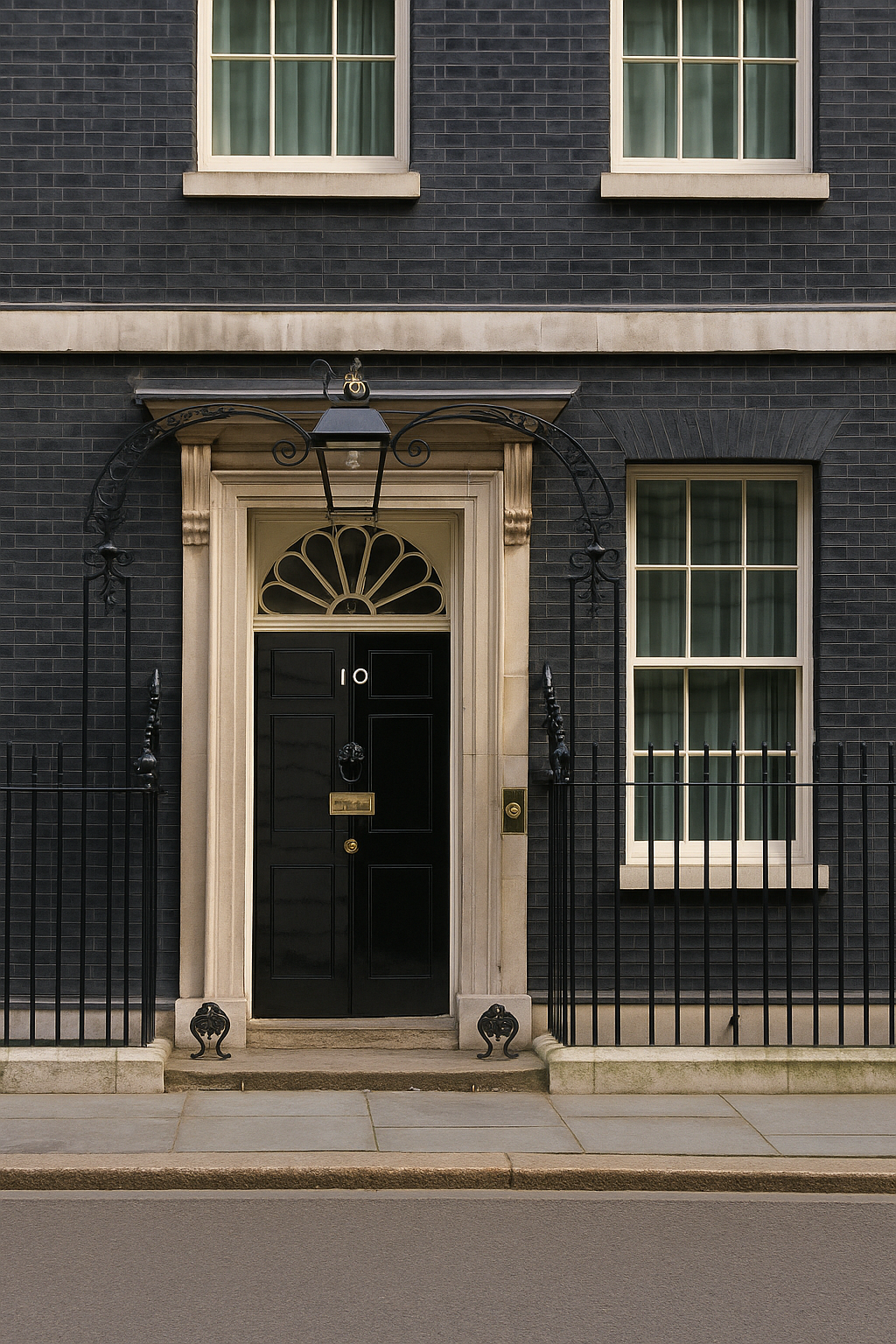Our view: Budget 2025 a mix of pain and gain for landscaping industry
Despite achieving some key lobbying wins for landscapers, the British Association of Landscape Industries (BALI) has expressed an overall disappointment in the Budget 2025, with a lack of support being expressed in the landscaping sector, potentially damaging investor confidence.
“While today’s budget brings some welcome reliefs for the landscaping industry and we are encouraged that a number of the policies that we have lobbied government for have been enacted such as the reversal of the single rate Landfill Tax, we are disappointed that other areas, such as landscaping’s contributions to the environment, have been largely neglected,” said BALI Chief Executive Wayne Grills.
“Landscaping is well-placed to deliver on many of the government’s growth priorities, however any lack of material support for the industry means that opportunities to further expand a sector that contributes £38 billion to UK GDP annually will be missed. We feel there should have been more done on the environmental benefits that landscaping brings to the ecological health of the UK, as well as the enjoyment of spaces and community impact of landscaping developments.”
A “mansion tax” on high-value properties could see a contraction of the luxury-end of the market for landscapers, though it may also provide a boost to mid-range properties – an area which many feel has somewhat dried up since COVID-19.
Under this new tax, properties valued over £2 million will face a £2,500 annual charge, with it rising to £7,500 for properties worth over £5 million.
A freezing of income tax and NI thresholds until 2030-31 effectively increases tax for workers as wages rise with inflation. This means take-home pay for staff falls in real terms and increases pressure for employers to raise wages. Additionally, the rise in the minimum wage could lead to stretched budgets, increased prices, and a slowdown in hiring, with landscaping being a heavily labour-reliant industry and wages making up a large share of costs. Not only does this affect the lowest earners, but it has a knock-on impact on businesses whereby middle and higher earning roles may see a proportionate market increase.
Furthermore, while a freeze on fuel duty will be well received by many, those using EV’s will be hit by the introduction of an Electric Vehicle Excise Duty (eVED), which will impose a mileage-based charge on drivers of 3 pence per mile on fully electric vehicles and 1.5 pence per mile on plug-in hybrid cars.
“These issues have the potential to hit small and medium enterprises in particular, and in a sector that is already experiencing a skills shortage and still feeling the impact of previous budget decisions – for example the rise in Employer National Insurance Contributions (NIC) – it will create hesitation for many who would otherwise consider making positive investment and growth decisions. At a time when UK economic performance is underperforming forecasts, these anti-employment policies make little sense to us,” added Wayne. “That being said, while we await to see the detail of its implementation, the Government’s commitment to fully fund apprenticeships training for under 25yr olds for SME is a big win for landscaping and could help to mitigate some of these issues, encouraging young, skilled workers into the industry.”
For more detail about how the Budget 2025 will impact landscaping businesses, visit the BALI Policy website.



